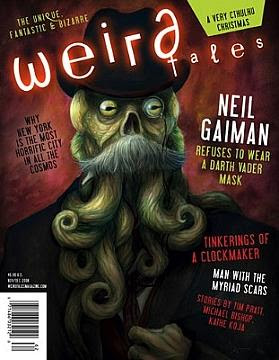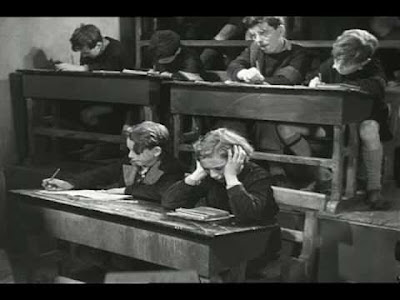Painter with a Movie Camera: A Tribute to Tony Scott
I suppose that comparing the late Tony Scott to Dziga Vertov will seem ridiculous to many (most!) people, as will proclaiming Domino a masterwork. So be it. Here's a tribute to Tony Scott in which I do both of those things: Painter with a Movie Camera: A Tribute to Tony Scott from Matthew Cheney on Vimeo . And here are the tributes I mention in the video: Manohla Dargis, "A Director Who Excelled in Excess" Ignatiy Vishnevetsky, "Smearing the Senses: Tony Scott, Action Painter"


